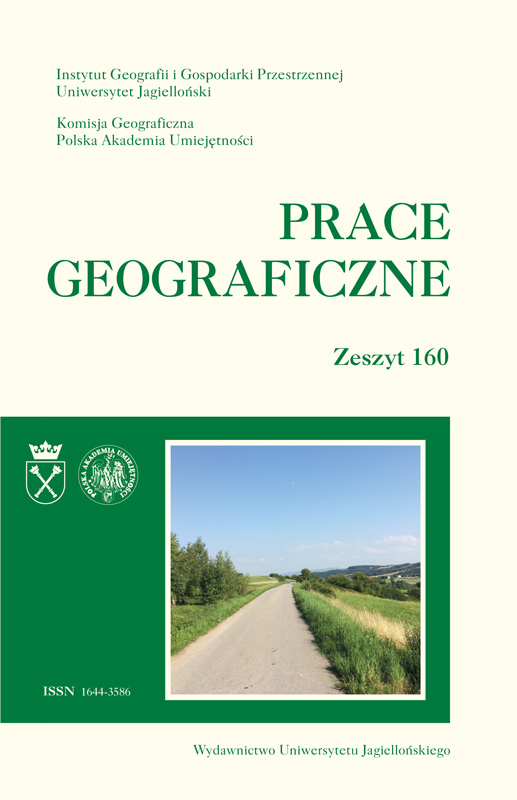Społeczność plemienna a ekonomiczne korzyści z rozwoju turystyki – przykład turystyki safari w regionie Samburu (Kenia)
Tribal community and the economic benefits of tourism development – the case of safari tourism in the Samburu region (Kenya)
Author(s): Mirosław Mika, Tomasz KępskiSubject(s): Geography, Regional studies
Published by: Wydawnictwo Uniwersytetu Jagiellońskiego
Keywords: safari lodge; tribal community; economic relations; Samburu; Kenya
Summary/Abstract: The article discusses the issue of economic relations between an accommodation facility providing safari tourism services and the local Samburu tribal community in northern Kenya. The study illustrates a unique case of safari tourist lodge functioning in a close relation to the traditional shepherd community in the conditions of its spatially isolated location. The local community benefits economically from permanent and occasional work for the lodge, sale of craft and agricultural products, as well as benefits, economically and socially, from the entrepreneur’s charity actions and the visitors’ generosity and donations. The tourist lodge operator is compelled to conduct permanent (almost every-day) trainings of employees from the local Samburu community to sustain the quality of services provided to its guests (‘high-end’ tourists). He also maintains close relations with the local tribal elders, among others by consulting his own intentions regarding the intensification of tourism development and his plans for establishing a local nature protection area in the form of ‘conservancy’. The development of the safari facility depends strongly on local natural conditions, as well as the acceptance of its activities by members of the tribal elders, that is strictly conditioned by the entity’s ability to create economic values (benefits) for the local community.The article discusses the issue of economic relations between an accommodation facility providing safari tourism services and the local Samburu tribal community in northern Kenya. The study illustrates a unique case of safari tourist lodge functioning in a close relation to the traditional shepherd community in the conditions of its spatially isolated location. The local community benefits economically from permanent and occasional work for the lodge, sale of craft and agricultural products, as well as benefits, economically and socially, from the entrepreneur’s charity actions and the visitors’ generosity and donations. The tourist lodge operator is compelled to conduct permanent (almost every-day) trainings of employees from the local Samburu community to sustain the quality of services provided to its guests (‘high-end’ tourists). He also maintains close relations with the local tribal elders, among others by consulting his own intentions regarding the intensification of tourism development and his plans for establishing a local nature protection area in the form of ‘conservancy’. The development of the safari facility depends strongly on local natural conditions, as well as the acceptance of its activities by members of the tribal elders, that is strictly conditioned by the entity’s ability to create economic values (benefits) for the local community.
Journal: Prace Geograficzne
- Issue Year: 2020
- Issue No: 160
- Page Range: 75-94
- Page Count: 23
- Language: Polish

